Through the FIRNS initiative, TENT is working on a new blueprint for investment into nature recovery.

Conservation can work – that was the takeaway from the hotly anticipated ‘Wildlife Comeback in Europe’ report, which brought rare positive news that many mammal and bird species are expanding their range and species abundance in Europe.
The Eurasian beaver, for example, has increased its range by 830% since 1955; the European bison by 400% since 1971; and the Iberian lynx by 250% since 1988. Thanks to the creation of new habitats through the abandonment of mountain agricultural areas, a decrease in livestock numbers and human population densities, the grey wolf has increased its range by 1,800% since 1965. All of this progress is underpinned by conservation and restoration efforts: through monitoring, habitat restoration and translocations, interventions made by wildlife and conservation NGOs are having a positive impact. For mammal species, increases in abundance are more positive when conservation management is in place.
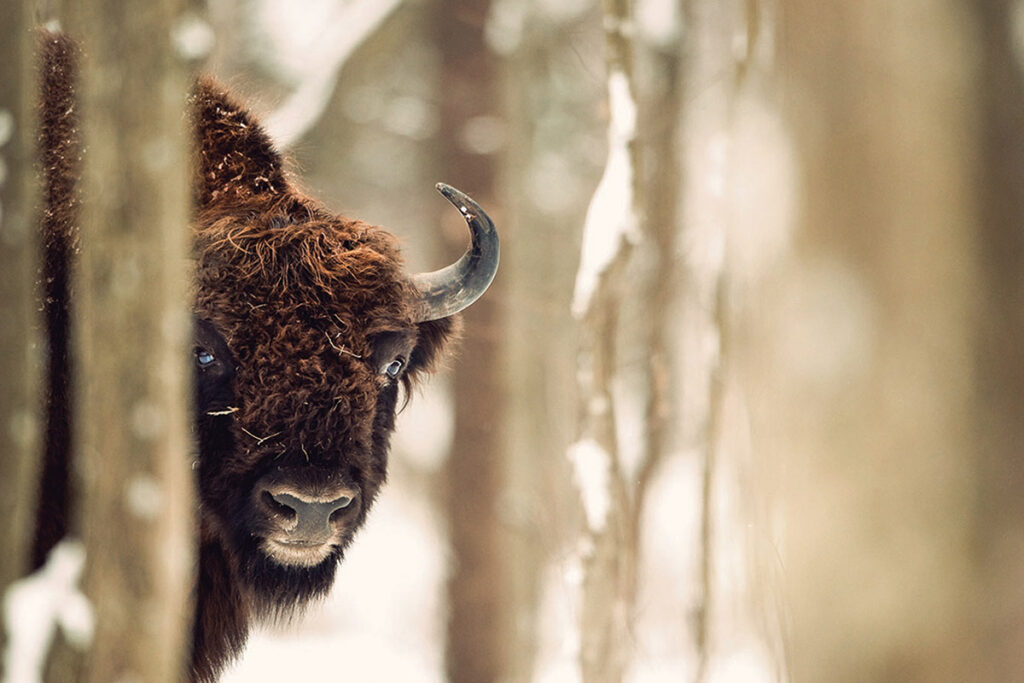
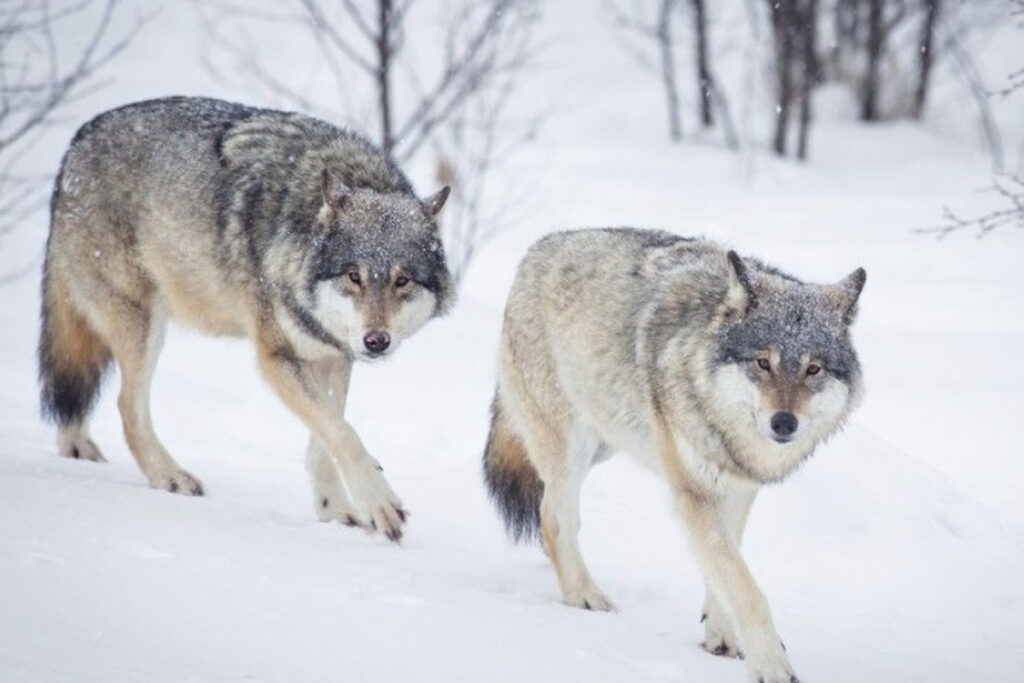
But there is much work to be done: despite progress for species like wolves, lynx and bison, their populations are fragments of historic levels. Only one in seven ecosystems in Europe is in “good” ecological status. Overall biodiversity is still declining on our continent. Nearly one in eight European bird species and one in five mammals and reptiles are threatened with extinction. Yet, our willingness to coexist with wild nature is still missing: The wolf’s return has prompted a fierce backlash and a vitriolic disinformation campaign that threatens their existence in key range countries. The European Parliament voted this year to downgrade the protection of wolves under the Bern convention. Out of the nine transboundary wolf populations in the EU, six still have a vulnerable or nearly threatened status, and continue to need active protection.
In recent decades, the twin pillars of climate change and biodiversity loss have leapt from distant threat to lived reality; climate change has now visibly impacted every corner of the planet, and as native species have been lost, we have unraveled the threads that sustain functioning, resilient ecosystems. The global situation speaks for itself: WWF’s recent Living Planet Report has demonstrated that the world is facing an unprecedented crisis of nature loss, with two thirds of populations of species lost in the past 50 years. Climate change is presenting new threats; droughts and weather extremes will continue to push species into novel ranges, opening up the possibility of new conflicts with local communities; and 'phenological shifts' are becoming a more serious threat, where behavioural and breeding cycles between species fail to overlap as the climate warms. In Portugal, the need to restore natural processes at landscape-scale was drawn into sharp focus in 2022, as wildfires again ravaged rural areas. Even the UK plunged into a protracted drought, highlighting the need for widespread recovery of keystone species like beavers, which will help 'rewet' the landscape and improve its resilience to climate change.
Conservation in a rapidly declining world has become insufficient – we need to actively restore ecosystems. At the international level, there are tentative glimmers of hope. This year, the European Commission proposed the ‘Nature Restoration Law’, a key element of the EU’s 2030 Biodiversity Strategy, which aims to set legally binding targets for habitat restoration and species recovery by member states. The restoration of our ecosystems can be the antidote to environmental decline, while providing renewed purpose and an alternative, richer economy for rural communities.
The question remains – are we prepared to transition the wild areas of Europe into ‘living landscapes’, where natural processes benefit species recovery and communities alike? Are we prepared to start the process of change? Can we, at the national and international levels, support efforts to coexist with wildlife? And, will we as proud Europeans, connect with and experience nature on our continent? Onwards and upwards for the year ahead.
“We have the intelligence to grasp what is happening, the composure not to be intimidated by its complexity, and the courage to take steps that may bear no fruit in our lifetimes”
– Barry Lopez, Nature Writer
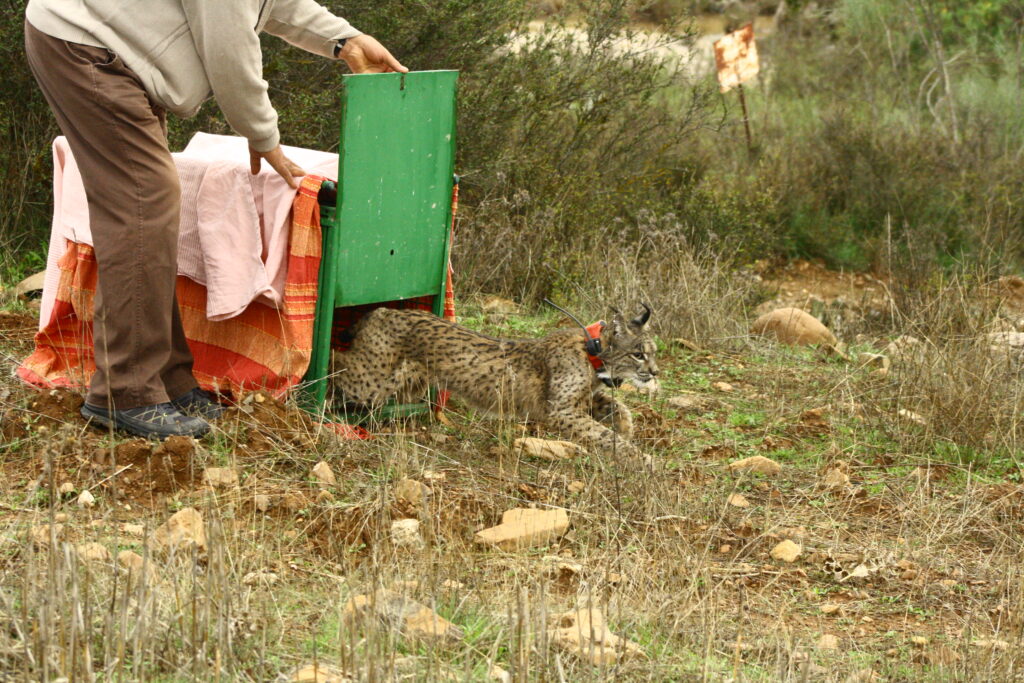
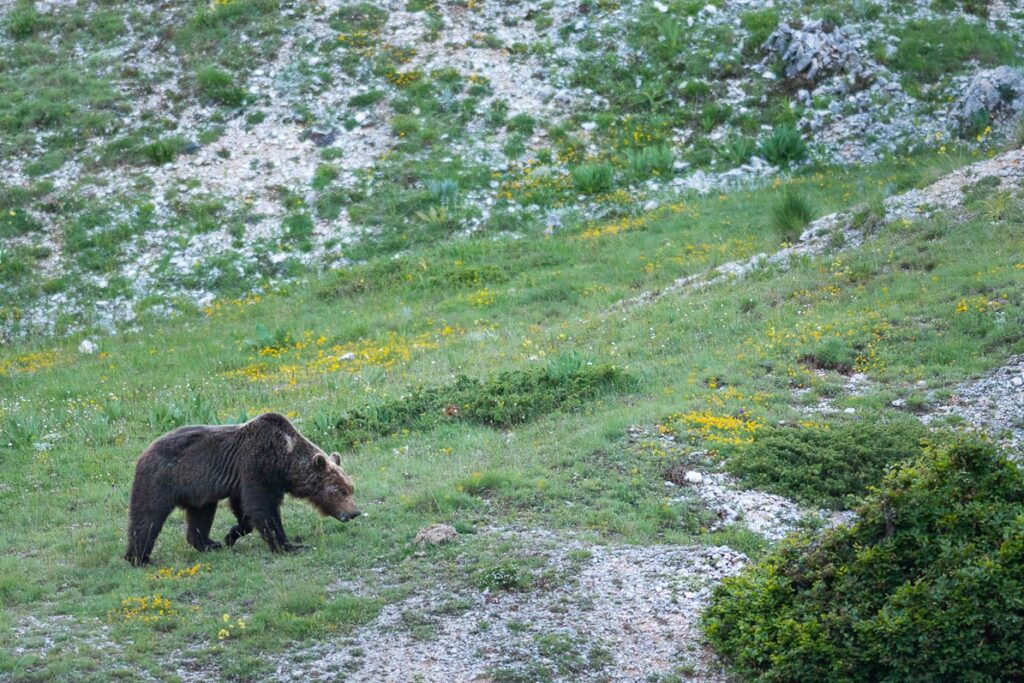
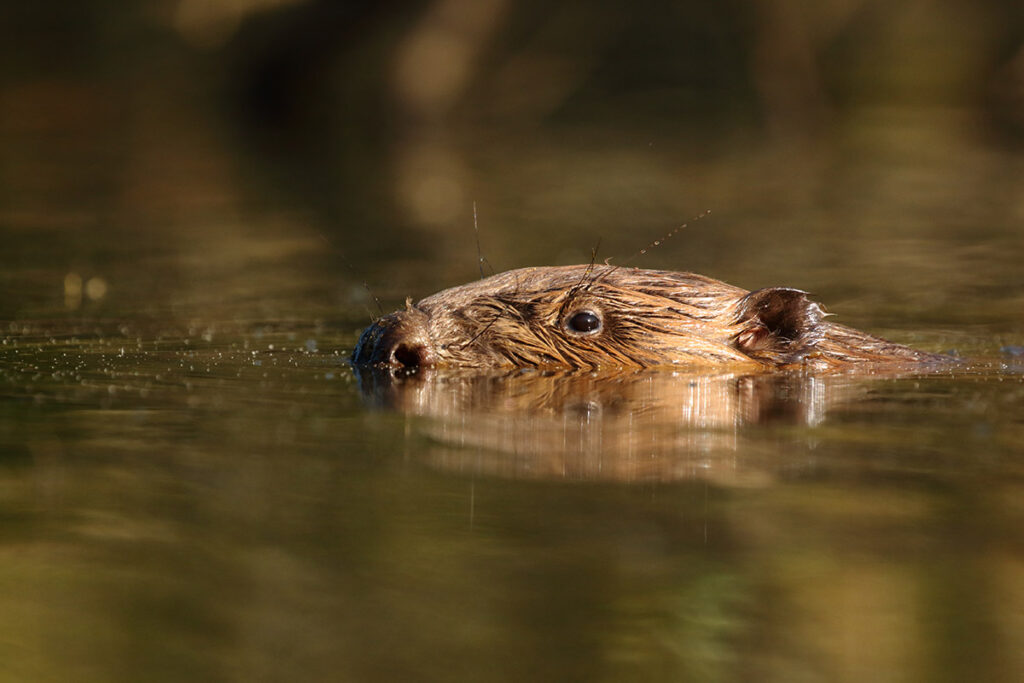
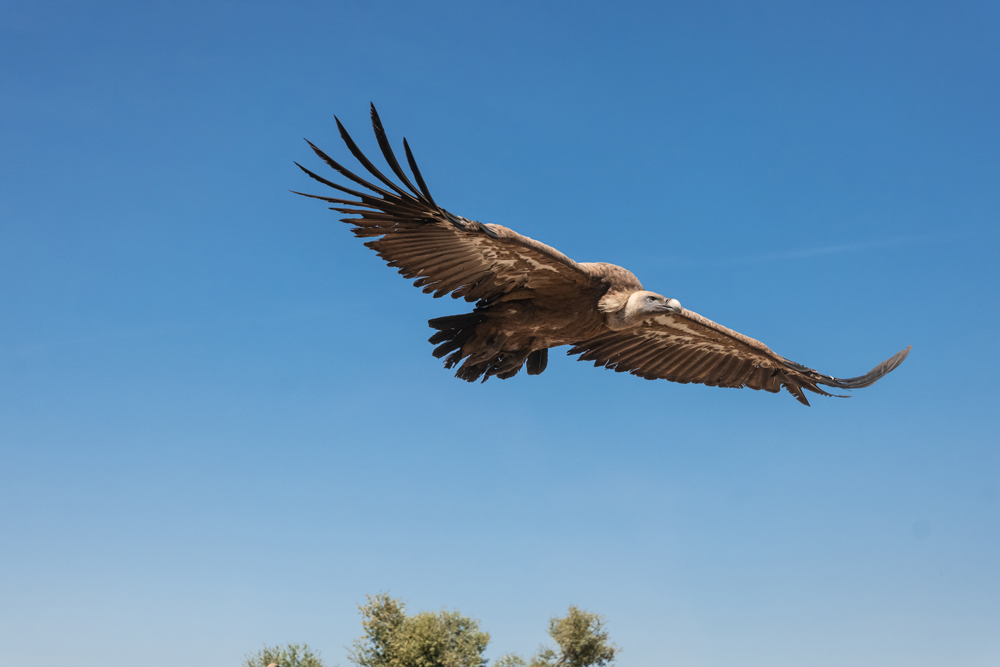
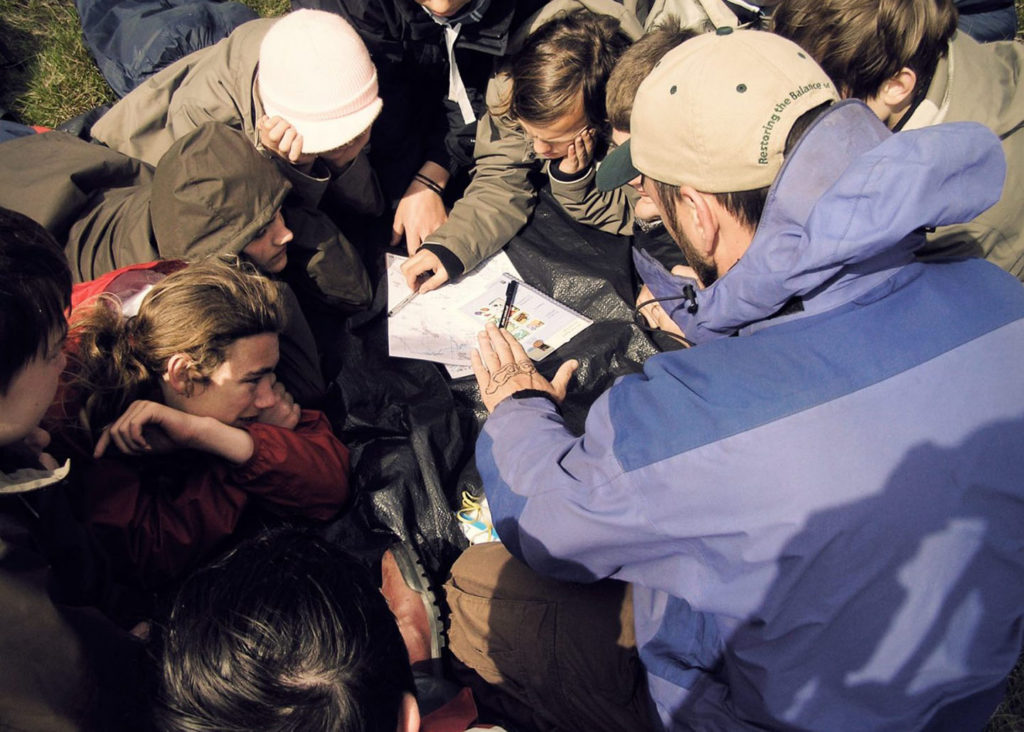
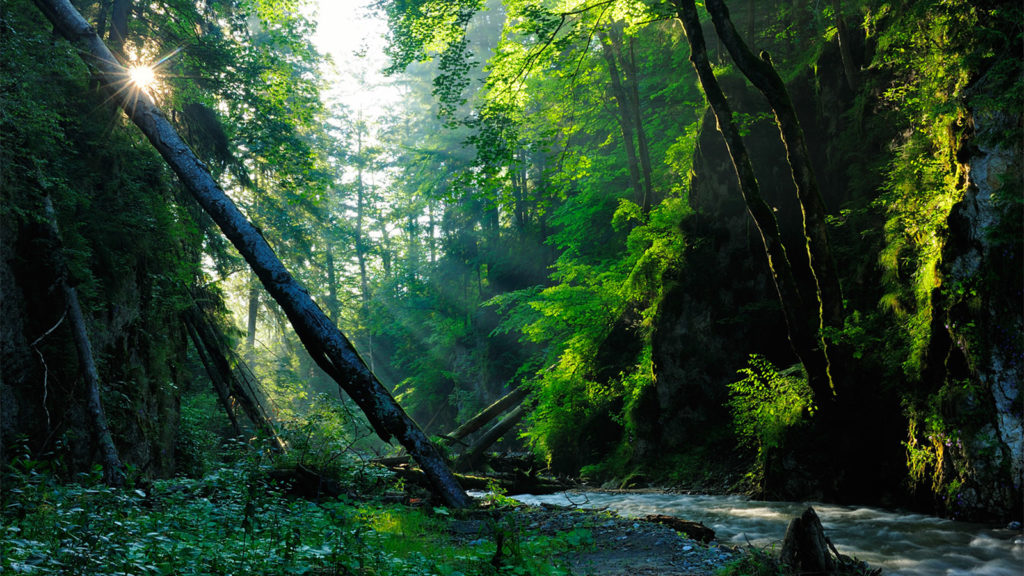
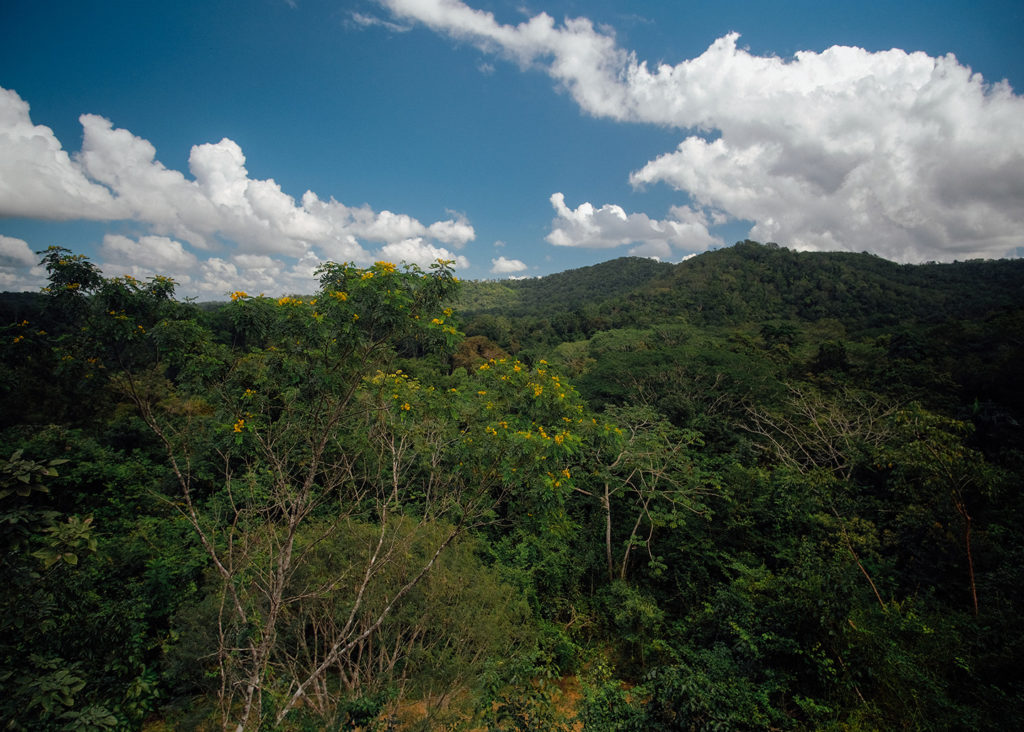

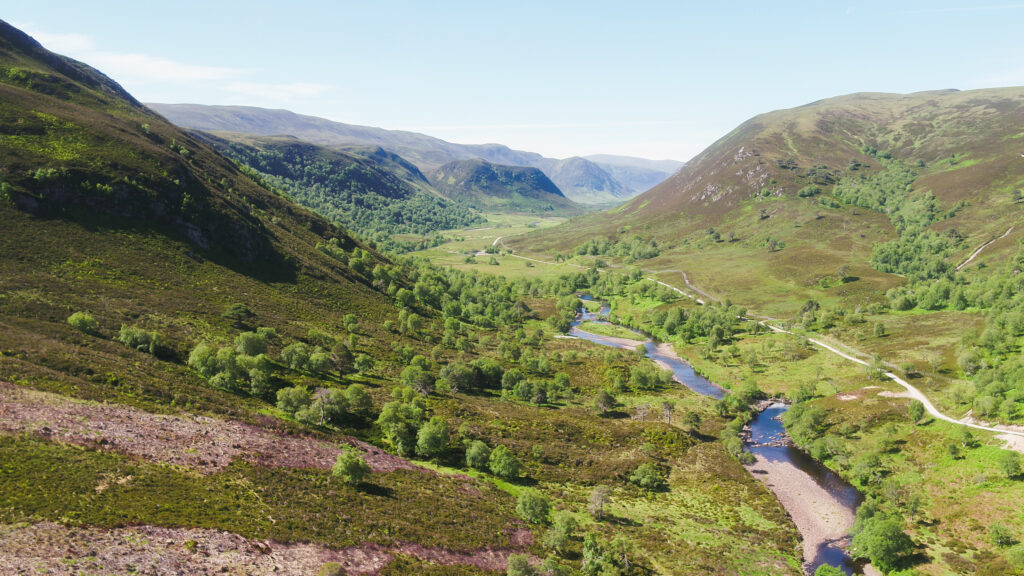
This year, we offered TENT’s network expertly-curated wildlife experiences in collaboration with our partners at Steppes Travel. Our journeys help to connect people with wildlife on our continent. Crucially, they enable adventurers to make a supportive contribution to our partner NGOs. Explore our conservation journeys here and discover Europe’s abundant wildlife.
“I only went out for a walk and finally concluded to stay out till sundown, for going out, I found, was really going in”
– John Muir, Naturalist
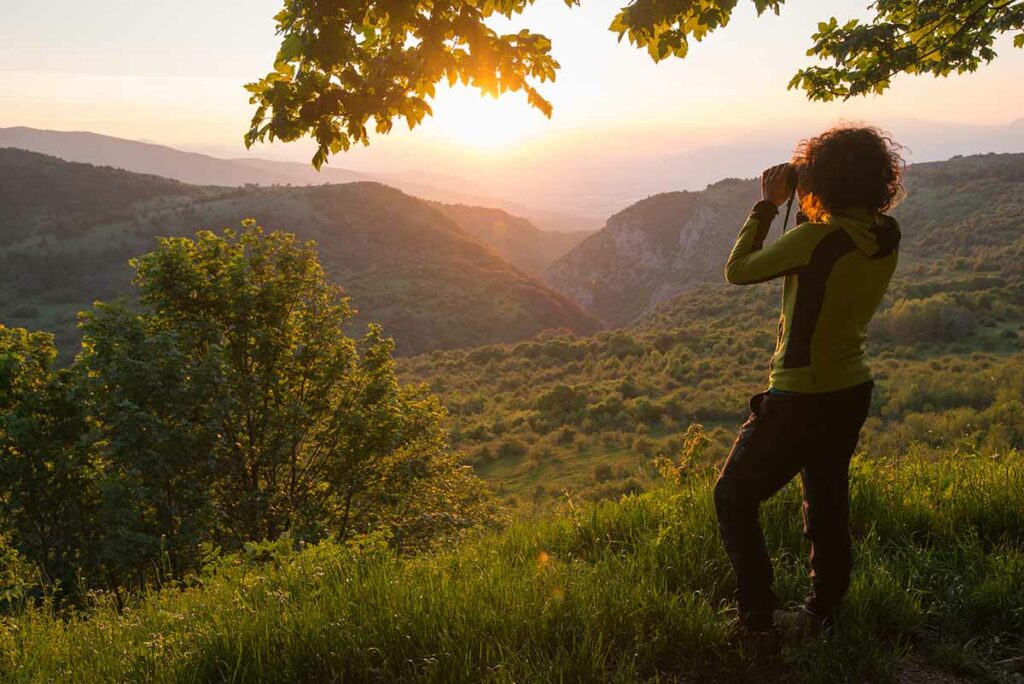
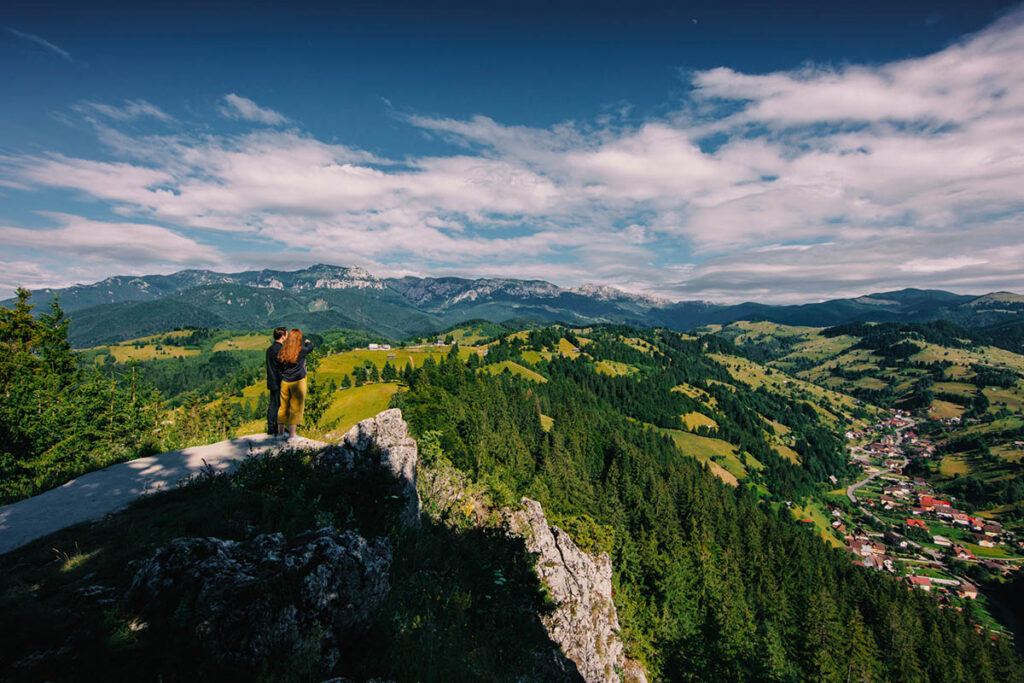
We hosted two premiere events this year: Wild Abruzzo, and Riverwoods: An Untold Story. Together, more than 500 people experienced stunning wildlife cinema and came together for European conservation.
Riverwoods tells the story of the inextricable relationship between salmon and the forests of Scotland. You can now watch it for free on Channel 5Select! With proceeds from our Riverwoods event, we kickstarted a project in collaboration with the Kyle of Sutherland Fisheries Trust to restore native woodland on riverbanks in the Kyle catchment.
Wild Abruzzo saw eyes opened to the wonders of wild Italy, and the need to safely expand the critically endangered Marsican brown bear. All proceeds were donated to Salviamo l'Orso, supporting 'on-the-ground' conservation projects to protect the bear from human impacts.
This year, filming was completed for the groundbreaking series 'Unknown Belize' – a four-part philanthropic production showcasing the natural wonders of Belize, while highlighting how the nation is setting an example for sustainable development in a rapidly heating world. The series will be available for streaming in 2023.
“Some see nature all ridicule and deformity, and by these I shall not regulate my proportions; and some scarce see nature at all. But to the eyes of the man of imagination, nature is imagination itself”
William Blake, Poet
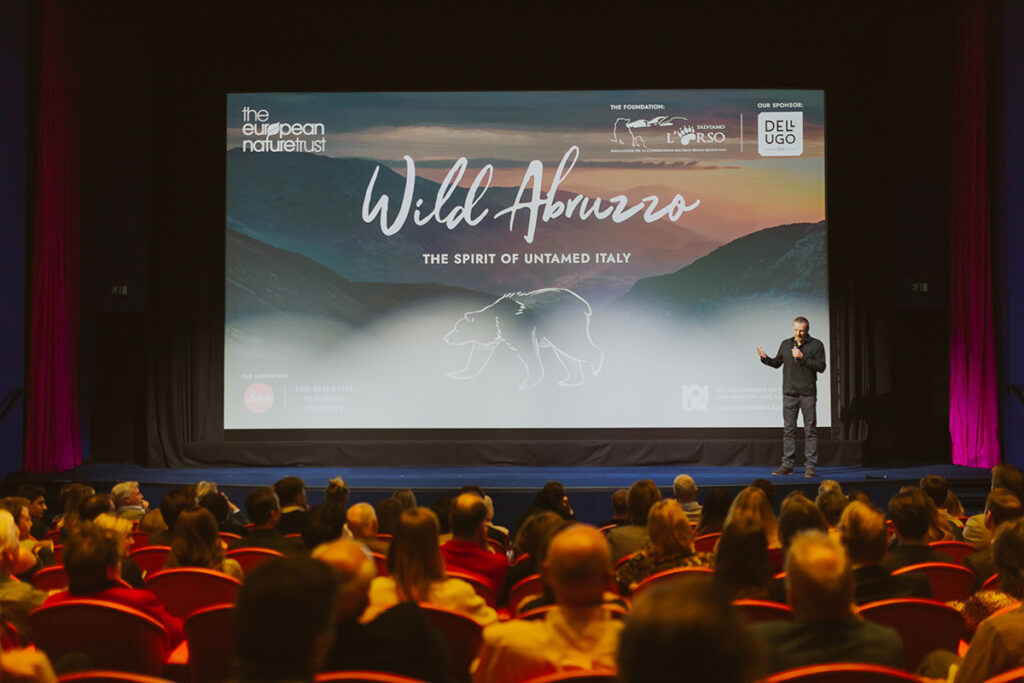
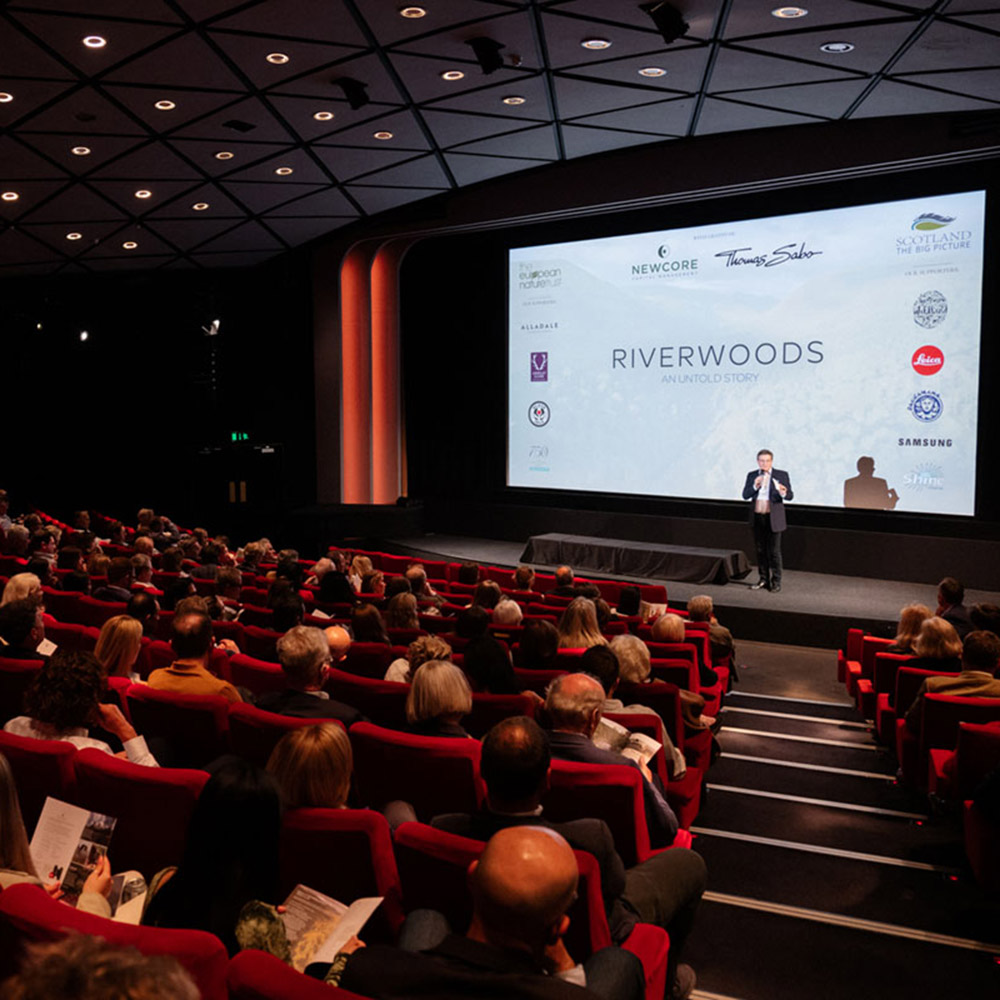
We welcome the support of businesses that share our vision for a wilder Europe. As well as continuing our collaborations with our existing partners, including Leica, Thomas Sabo and NewCore Capital, we forged new partnerships this year with Dell’UGO and Louis Vuitton.
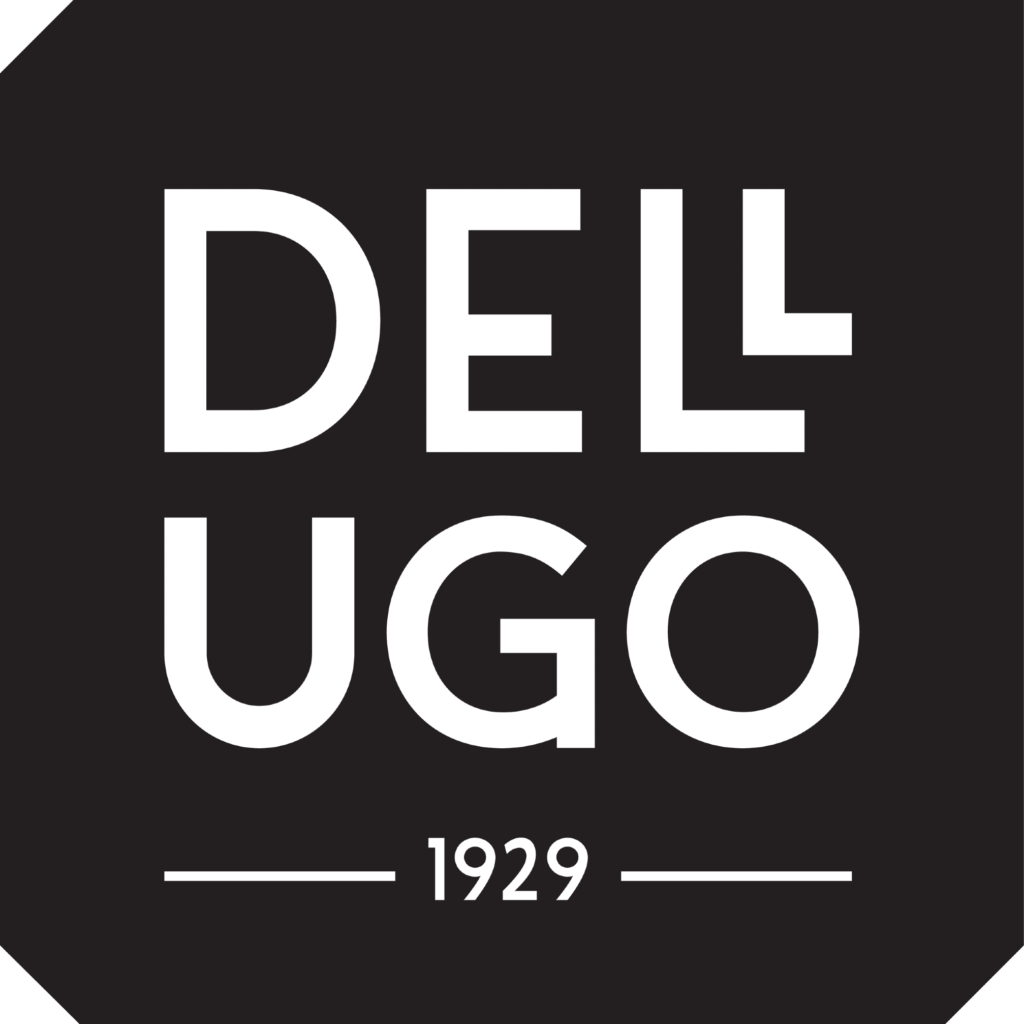
Dell’UGO foods, through their pasta products, will support our work with Salviamo l’Orso in Abruzzo, joining the effort to build a healthy and resilient population of Marsican brown bears.
Louis Vuitton is now an active collaborator on our work with the Kyle of Sutherland Fisheries Trust, helping us to deliver woodland planting schemes on riverbanks to recover freshwater ecosystems and protect the Atlantic salmon from local extinction in the Highlands.

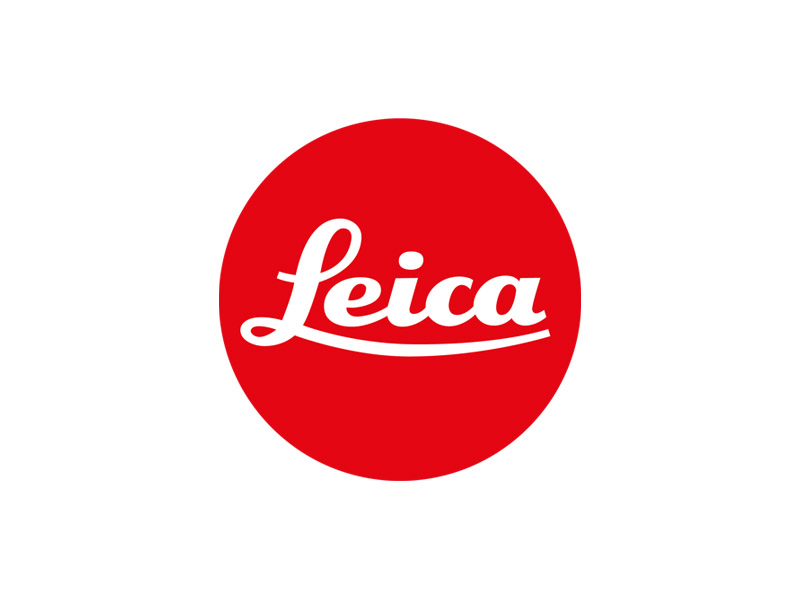


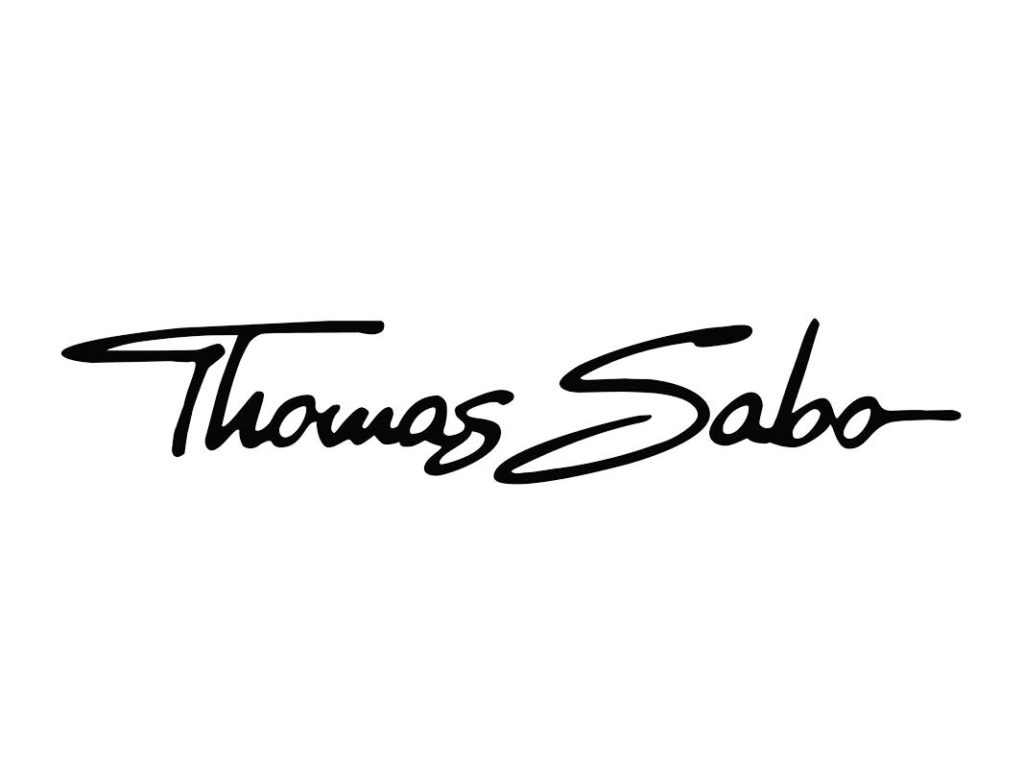
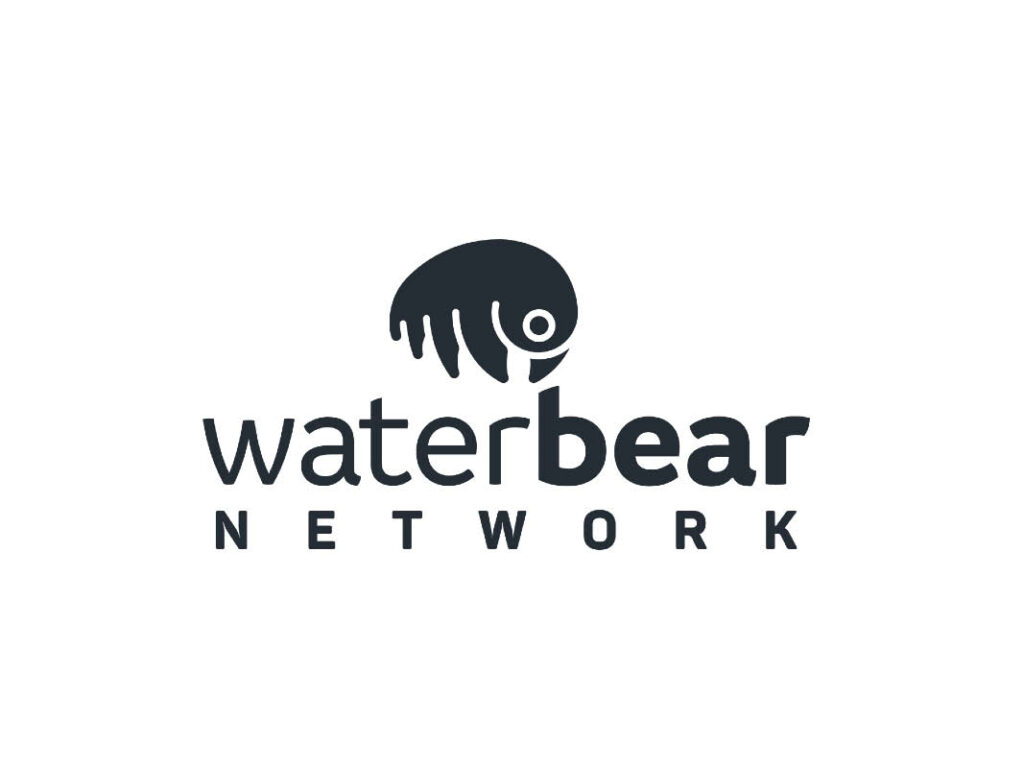

Through the FIRNS initiative, TENT is working on a new blueprint for investment into nature recovery.
An amazing attendance at the RGS to celebrate Belizean conservation!
8 international journalists tell the story of Belizean conservation

